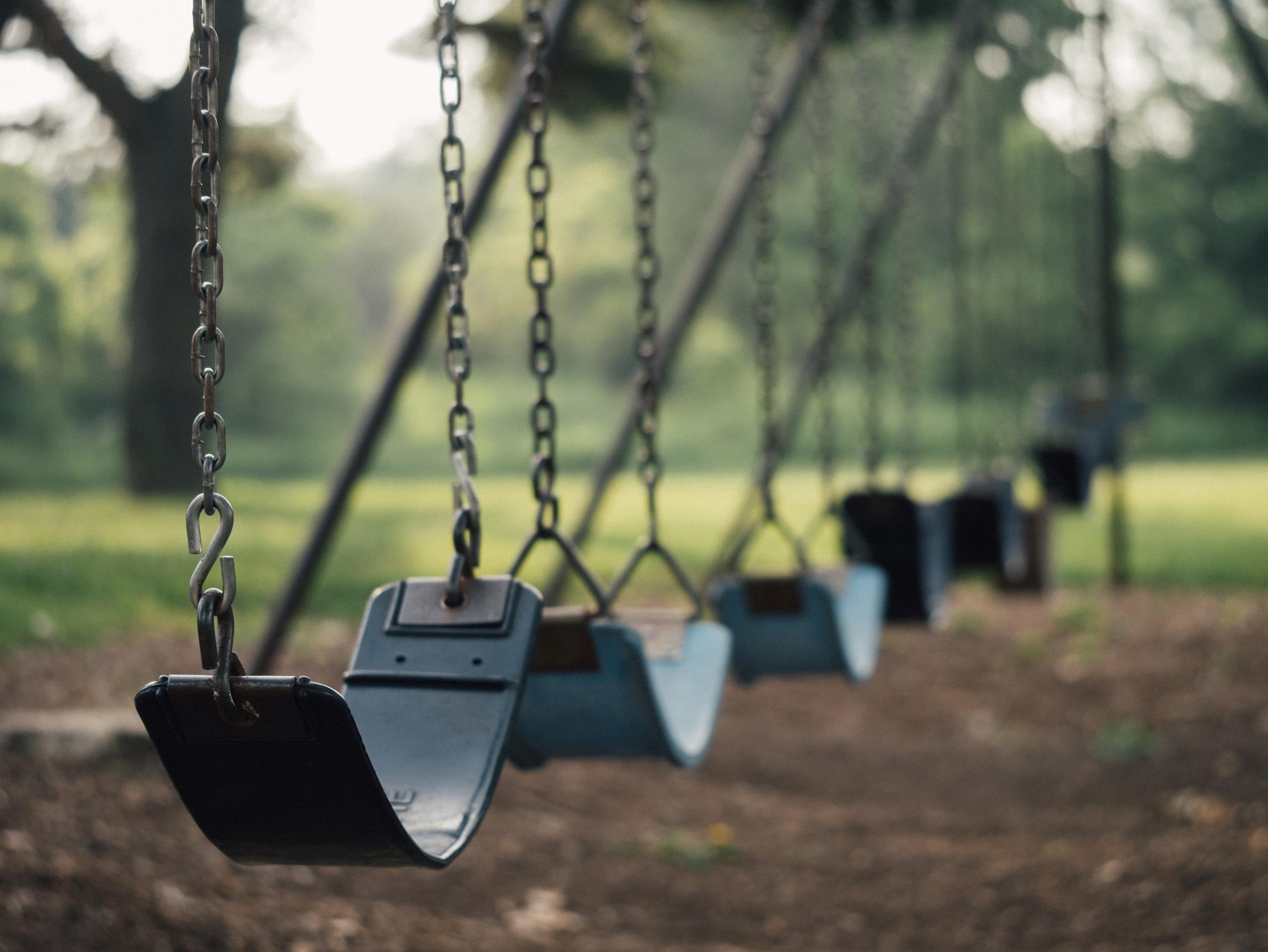Parenting Ideas

In the labyrinth of parenting advice, certain myths persist like stubborn weeds. Let’s unravel a few of these myths and discover the real pathways to nurturing resilience in our children.
Myth #1 "Helicopter parenting is hurting our kids."
Helicopter parenting is named for the tendency of some parents to ‘hover’ over their children.
Parental involvement is related to positive life experiences in our children. Our children value high levels of parental involvement. They want us in their lives. They want to be in ours. They require it. They experience elevated feelings of worth, wellbeing and, by default, resilience.
What they do not require is developmentally inappropriate levels of control. Clearly, when taken to extremes, evidence demonstrates that too much “helicoptering” is unhelpful and unhealthy, and may be harmful.
To build resilience, we need to trust that our children can do things on their own. Then we must give them the space to try. By all means, stand close and support. But don’t ‘do’. Don’t control. And when they fail, don’t fix. Instead, console and then ask, ‘What do you think you should do now?’
Myth #2 "Praise helps kids resilience."
Believe it or not, words of praise can hamper both a child’s motivation, as well as their creativity. We sometimes create praise junkies, unwilling to try anything without our approval.
So what are we to do? No correction, no praise? What on earth are we meant to say next time our children show us their drawings?
Try this:
- Narration. Talk through what you see, without judgment, noticing the little details. “I see that you drew a big happy face on the sun in this picture.”
- Ask for their opinion. Intrinsic motivation is far more powerful than extrinsic motivation, and we help them get to their intrinsic motivation by prioritising their opinion over ours. “There’s a lot of different colours in this painting, can you tell me why you chose all those colours?”
- Express gratitude. A sincere thank you never fails. “You drew this for me? Thank you!”
- Say what you see. Describe the emotions you see in your child as a result of what they have done. “You look really happy with the drawing you did.”
Much like sticks and stones, words can be powerful. Through them, we can help our children develop a love of learning, a willingness to experiment, and foster their creativity.
Myth #3 "Kids just need to toughen up."
It is a myth that we need to “toughen our children up”, whether they are two days old, two months old, two years old, or twenty-two years old. The world will throw enough at them. Instead, we need to be a safe place for them to land and be supported when life gets challenging.
Resilience in children grows through experiencing appropriate levels of stress, balanced with nurturing care and support.
Experiencing stress can actually help to make your child resilient, but only when they are developmentally capable of facing it. An illustration of this is how working out in a gym puts stress on your body which can increase strength and stamina. But if your muscles are already strained or injured, you do more harm than good. Too much resistance via adversity and challenge at too young an age can incapacitate our children, increasing their fragility.
